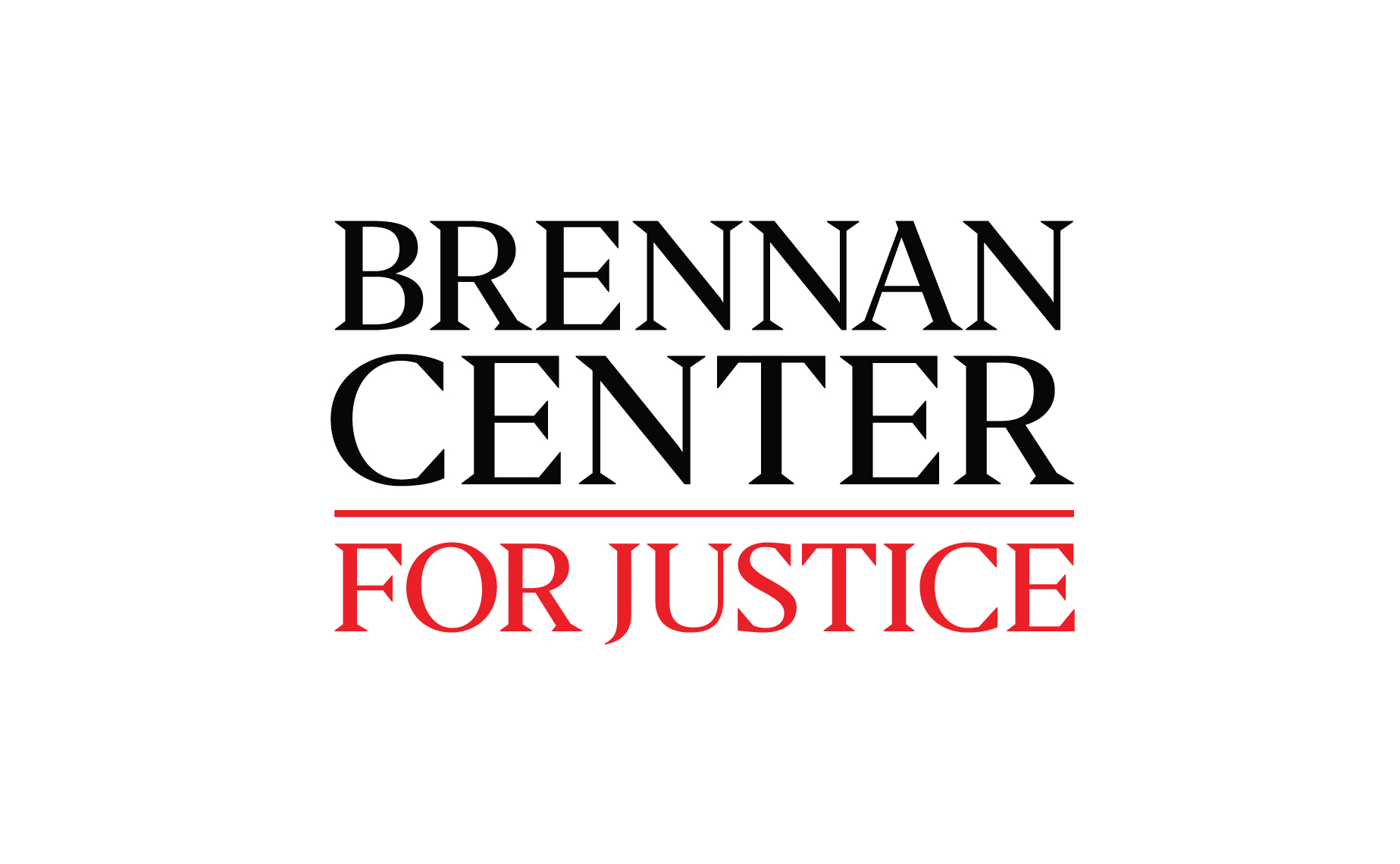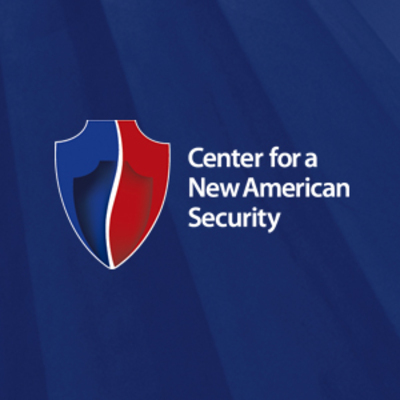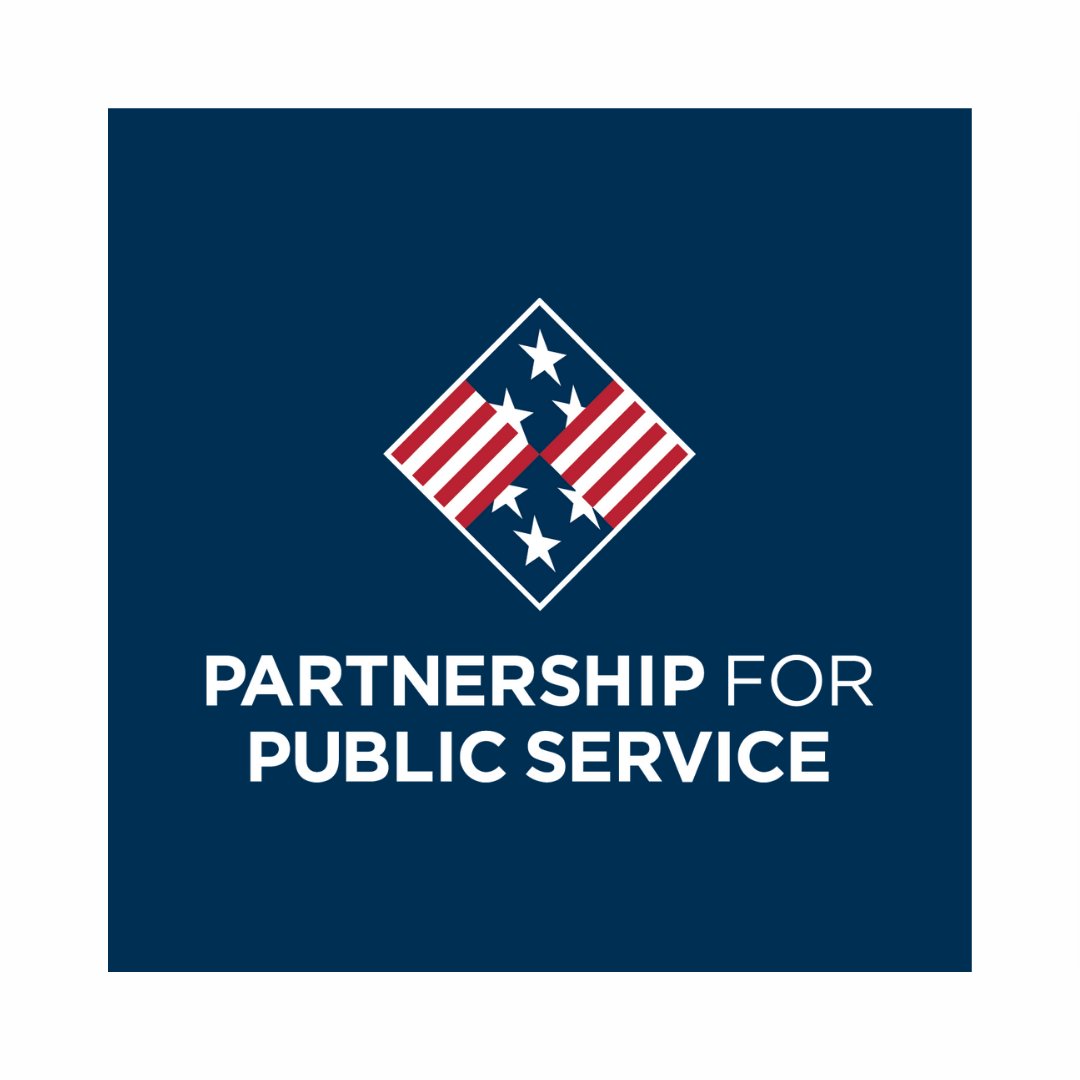
In recent years, the norms and expectations that once ensured that our government was guided primarily by the public interest rather than by individual or partisan interest have significantly weakened. There are now far fewer constraints to deter abuse by executive branch actors. This report focuses on two distinct areas: the growing politicization of government science and research and the breakdown of processes for filling key government positions.
Objective data and research are essential to effective governance and democratic oversight. But over the last few decades, the safeguards meant to keep government research objective and publicly accessible have been steadily weakening. Recent administrations have manipulated the findings of government scientists and researchers, retaliated against career researchers for political reasons, invited outside special interests to shape research priorities, undermined and sidelined advisory committees staffed by scientists, and suppressed research and analysis from public view — often material that had previously been made available. In many cases, they have appeared to pay little political price for these missteps. This trend has culminated in the efforts of the current administration not only to politicize scientific and technical research on a range of topics, but also, at times, to undermine the value of objective facts themselves.
Now, we are at a crisis point, with almost weekly violations of previously respected safeguards.
- The acting White House chief of staff reportedly instructed the secretary of commerce to have the National Oceanic and Atmospheric Administration (NOAA) — a part of the Department of Commerce — issue a misleading statement in support of the president’s false assertion about the trajectory of a hurricane, contradicting an earlier statement released by the National Weather Service. The secretary of commerce reportedly threatened to fire top NOAA officials in pressuring them to act.
- The Department of Agriculture relocated economists across the country after they published findings showing the financial harms to farmers of the administration’s trade policies.
- The Interior Department reassigned its top climate scientist to an accounting role after he highlighted dangers posed by climate change.
- The Environmental Protection Agency (EPA) adopted rules that prevent leading experts from serving on science advisory boards and encourage participation by industry-affiliated researchers.
- The White House suppressed a report showing a toxic substance that is present in several states’ water supplies endangers human health at levels far lower than previously reported by the EPA.
Political officials have the prerogative to make policy decisions, and even challenge the science and methodology of career experts, but accurate, nonpolitical, government-supported research and analysis should be protected. Indeed, government research has shifted the course of human history through, for example, the space race, cures for disease, food- and water-safety measures, and computer and internet technology innovations.
Effective government also depends on a reliable process for filling senior government positions with qualified professionals who are dedicated to doing the people’s work. Recent presidents have filled critical jobs with unqualified cronies while leaving other posts vacant, and have found ways to sidestep the Senate’s approval role, nullifying a crucial constitutional check. For their part, lawmakers have rubber-stamped some nominees who are unqualified or have conflicts of interest while dragging their feet on considering others, often based on whether or not the Senate majority and the president share a party.
The consequences are readily apparent: less than half the senior roles at the Departments of Justice and Homeland Security are filled; at least a dozen agencies — including two cabinet departments — are run by non-Senate-confirmed acting officials two years into this administration; and the Senate confirmation process takes five times longer than it did 40 years ago.
If left unchecked, both of these trends are likely to do damage. Government research that is guided by politics, not the facts, can lead to ineffective and costly policy, among other harms, and a dysfunctional appointments process risks stymieing vital government functions. Both developments also threaten to exact a long-term price, if allowed to stand. They risk creating a vicious cycle, opening the door to abuse by future administrations, which may push the envelope ever further.
We are committed to teaching future administrations the opposite lesson — that these abuses of power violate broadly recognized standards of honest and effective government, long accepted by both political parties. Abuse once again can beget reform. And the task of advancing this reform could not be more urgent, and cannot be for one or another party alone.
We have big problems to solve in this nation. If we cannot agree on the facts underlying potential solutions to those problems, and we do not have qualified and dedicated people in place to develop and execute on them, we will imperil the future of our democracy.
To protect government research from politicization and keep it accessible, we offer proposals that would
- create scientific integrity standards and require agencies to establish protocols for adhering to them,
- prohibit politically motivated manipulation or suppression of research,
- ensure the proper functioning of scientific advisory committees, and
- increase public access to government research and data.
To fix the process for filling senior government positions, we offer proposals that would
- encourage the appointment of qualified and ethical people to key government posts,
- make it harder for presidents to sideline the Senate during the process,
- streamline the confirmation process for executive branch nominees, and
- protect national security by fixing the vulnerable White House security clearance process.
Our proposals narrowly target areas that are ripe for executive abuse. But as former federal government officials, we have seen up close how other factors contribute to government dysfunction and undermine democratic values. We conclude this report by highlighting these factors — in particular, our broken campaign finance system, the president’s expansive emergency powers, the weakening of Congress as a check on the executive, and the politicization of the judiciary — and we reaffirm the essential role that a functioning system of checks and balances plays in protecting our democracy.
Read the full report



